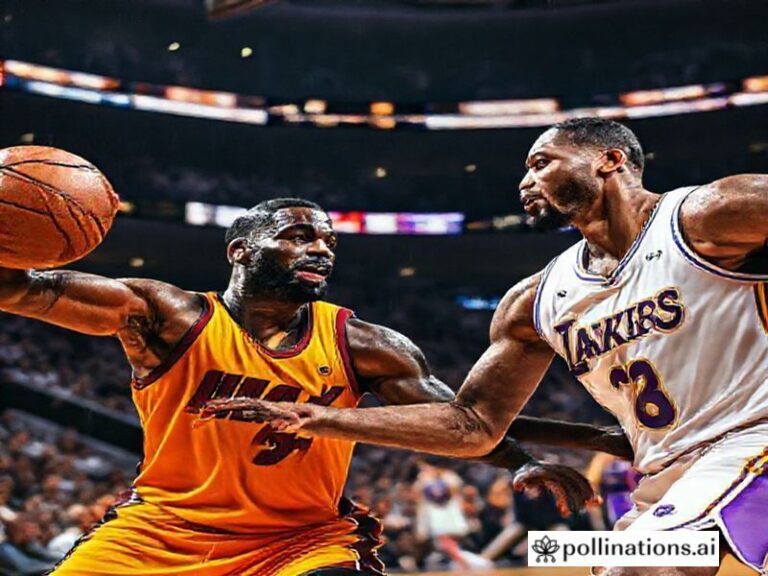Luka Dončić: How a Slovenian Kid Turned Globalization Into a Crossover
Slovenia, a country whose greatest historical export until recently was existential dread packaged as ski-jumping medals, has given the planet Luka Dončić: a 6’7″ reminder that the global economy now runs on highlight reels and schadenfreude. While the United Nations still pretends to solve crises with communiqués nobody reads, Dončić quietly exports Slovenian soft power via step-back threes and a smirk that suggests he knows the thermostat setting in every arena on earth. If this sounds like hyperbole, consider that his Instagram following exceeds the population of his homeland by a factor of four—an equation even the IMF struggles to balance without swearing.
From Ljubljana to Lagos, the Dončić phenomenon illustrates how 21st-century influence no longer requires aircraft carriers or even decent Wi-Fi; it merely demands the ability to humiliate defenders in real time and look vaguely amused while doing it. Chinese schoolchildren now mimic his no-look passes between cram-school sessions; Argentine taxi drivers debate his usage rate with the same fervor they once reserved for inflation statistics. Somewhere in Brussels, a Eurocrat drafting sanctions against yet another rogue regime pauses to watch Dončić dissect the Clippers, briefly forgetting what exactly they were punishing anyone for. Soft power, it turns out, is most effective when accompanied by a Eurostep.
Of course, the broader significance is darker. The NBA, once an American workplace dispute with occasional basketball, has morphed into a planetary gladiator ring where entire nations outsource their self-worth to the athletic whims of twenty-somethings who grew up idolizing a different twenty-something. Dončić’s rise coincides neatly with the implosion of traditional diplomacy: why negotiate trade deals when you can simply trade three-pointers? The Slovenian government, acutely aware of this, now includes “Luka’s PER” in its quarterly economic outlook, right between tourism and “vague hopes of lithium.” Analysts note that every deep playoff run correlates with a 0.7% bump in Slovenian GDP—proof that late capitalism has finally achieved full absurdity by monetizing dribble penetration.
Meanwhile, the geopolitical symbolism is hard to ignore. Dončić plays in Texas, a state currently experimenting with secession and electrical grid roulette, under the flag of a franchise owned by a casino magnate who moonlights as a GOP megadonor. In this context, Luka’s nightly stat lines read like coded dispatches from a post-rules world: 30-10-10 translates roughly to “all previous compacts are void, please enjoy the fireworks.” European observers watch with the detached horror of people whose own populists are only slightly less deranged, comforted by the knowledge that at least their guy passes first and tweets later.
Yet for all the cynicism, there remains something perversely hopeful in the spectacle. In an era when borders harden faster than arteries, Dončić’s game remains borderless—a fluid, improvisational argument against walls of any kind. When he lobs an alley-oop from half-court, the ball traces an arc that disrespects every customs checkpoint between Madrid and Minneapolis. For 48 minutes at a time, nationalism becomes a jersey color rather than a death sentence. Then the buzzer sounds, and everyone returns to their algorithmically assigned outrage. But the memory lingers, like the faint echo of a Slovenian teenager telling the world’s best athletes, in flawless basketball, that none of their passports matter.
In conclusion, Luka Dončić is not merely a basketball player; he is a living Rorschach test for the global condition. To some, he represents the last meritocracy before AI starts draining logo threes. To others, he’s proof that the planet has collectively decided statistics are more comforting than elections. Either way, he’s here, he’s triple-doubling, and the universe—like most defenders—remains hopelessly back on its heels.







